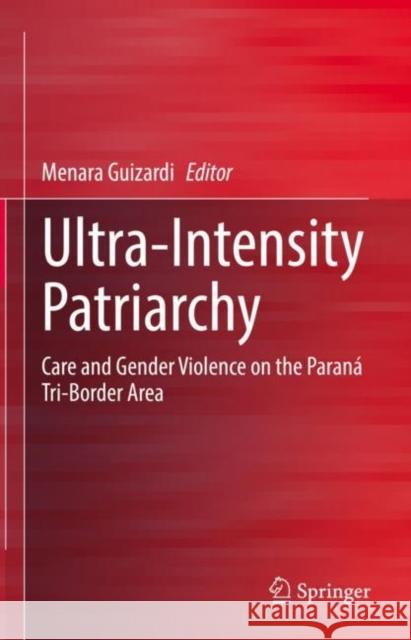Ultra-Intensity Patriarchy: Care and Gender Violence on the Paraná Tri-Border Area » książka
topmenu
Ultra-Intensity Patriarchy: Care and Gender Violence on the Paraná Tri-Border Area
ISBN-13: 9783030857493 / Angielski / Twarda / 2021 / 234 str.
Ultra-Intensity Patriarchy: Care and Gender Violence on the Paraná Tri-Border Area
ISBN-13: 9783030857493 / Angielski / Twarda / 2021 / 234 str.
cena 563,56
(netto: 536,72 VAT: 5%)
Najniższa cena z 30 dni: 539,74
(netto: 536,72 VAT: 5%)
Najniższa cena z 30 dni: 539,74
Termin realizacji zamówienia:
ok. 22 dni roboczych.
ok. 22 dni roboczych.
Darmowa dostawa!
Kategorie:
Kategorie BISAC:
Wydawca:
Springer
Język:
Angielski
ISBN-13:
9783030857493
Rok wydania:
2021
Wydanie:
2021
Ilość stron:
234
Waga:
0.56 kg
Wymiary:
23.39 x 15.6 x 1.75
Oprawa:
Twarda
Wolumenów:
01











